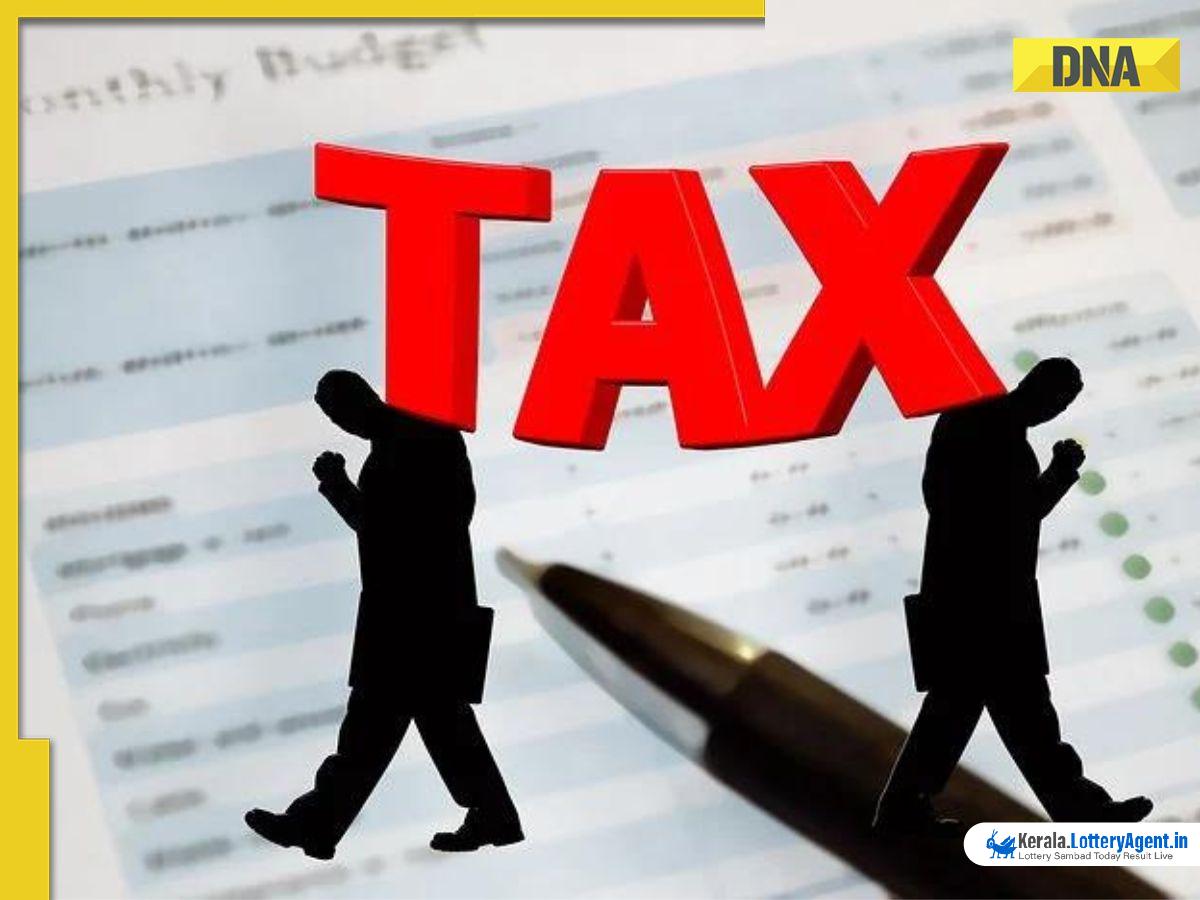
For anyone fortunate enough to win a lottery or prize money in India, understanding the taxation and legal obligations is paramount. In India, income tax is levied by the government on the income of every individual or entity, governed under the Income-tax Act of 1961. This legislation stipulates that anyone earning an income—whether a natural person like an individual or an artificial person like a company—is liable to pay income tax, unless expressly exempted by law.
If you find yourself the lucky recipient of lottery winnings or prize money from a competition, be prepared to share a substantial portion of your newfound wealth with the tax authorities. According to Indian tax laws, the winnings from lotteries and other similar prizes are subject to a flat tax rate of 30%. This is a non-negotiable rate applicable to both resident and non-resident winners. The organisation disbursing the prize money is responsible for deducting this tax at source, ensuring that what you receive is your winnings minus the applicable tax.
The specifics of tax deduction at source (TDS) for various winnings like lotteries, card games, TV shows, crossword puzzles, and similar games are detailed under Section 194B of the Indian Income Tax Act, 1961. In cases where the prize amount exceeds Rs. 10,000, the payer is mandated to deduct TDS at the rate of 30% before issuing the payment to the winner. Moreover, when surcharge and cess are factored in, the effective rate of TDS increases to 31.2%.
It’s crucial to comply with the tax obligations on lottery or prize money to avoid penalties and other legal repercussions. Such earnings fall under the “Income from Other Sources” category and therefore are accountable to the taxation rules under this section. Failing to pay the necessary taxes on these incomes can lead to substantial fines and legal issues.
. Consequently, it is advisable to consult a qualified tax professional to understand your specific situation comprehensively and to ensure compliance.
The Indian government employs three primary methods for collecting income tax: the tax deducted at source (TDS) from the income of the recipient, tax collected at source (TCS), and voluntary payments made by taxpayers, including mechanisms like Advance Tax and Self Assessment Tax. Every individual earning an income has the constitutional duty to accurately compute their income and pay the due taxes.
Additionally, it’s essential to understand the implications of non-compliance. The Indian Income-tax Department has stringent protocols for dealing with tax evaders. Individuals or entities that fail to declare their prize winnings or evade paying the requisite taxes may face severe consequences, including hefty fines and legal proceedings. To avoid such scenarios, it’s best practice to be transparent about all sources of income and sought advice from tax professionals for thorough tax planning.
Also noteworthy is that accurate record-keeping plays a critical role in tax compliance. Winners should meticulously maintain all documents related to their winnings and any tax deducted at source. This not only ensures compliance but also simplifies the process during tax assessments or audits by the Income-tax Department.
In conclusion, winning a lottery or prize money can be an exhilarating experience, but it comes with its own set of responsibilities. Understanding and adhering to tax and legal obligations is crucial for a hassle-free experience. Given the complexities involved, professional tax advice can be invaluable in ensuring all tax obligations are met, thereby preventing unpleasant surprises in the form of fines or legal issues down the line. Always remember that compliance is not just a legal duty but also a mark of a responsible citizen.












